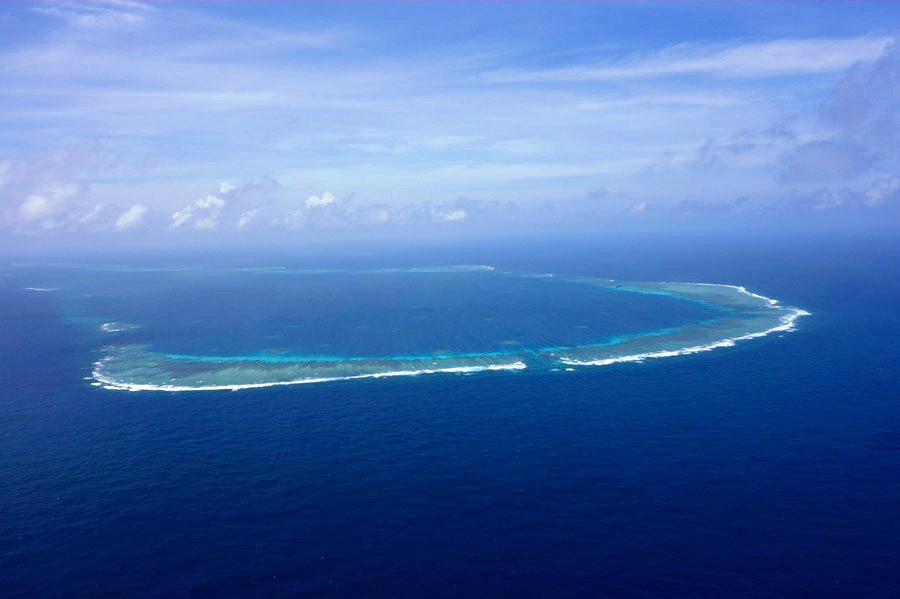The Philippines puts itself on US menu


The China Coast Guard announced on Thursday that it had expelled a vessel from the Philippine bureau of fisheries and aquatic resources for illegally intruding into waters near Huangyan Island in the South China Sea.
This is the latest in a series of law enforcement actions by the CCG in the waters over the past three weeks. The actions to protect China's sovereignty and territorial integrity have been necessitated by the repetitive incursions of Philippine vessels into the Chinese waters.
As a close ally of the US in the Asia-Pacific, the Philippines is an example of a country falling victim to the "at the table or on the menu "choice Washington is offering countries.
At the Munich Security Conference on Saturday, while discussing with his Indian and German counterparts the United States' "strategic competition" with China, US Secretary of State Antony Blinken said "If you're not at the table in the international system, you're going to be on the menu" noting it was very important for the US to reengage multilaterally, which it has done by pressuring countries to make a choice between the US and China.
Manila has put itself in a dilemma by giving in to such pressure. Over the past few months, it has done the US' bidding by incessantly provoking and confronting China. In doing so, it has damaged relations with its major trading partner, investor and friendly neighbor. By accepting Washington's word that it has its full support for its maritime claims, Manila has discarded the long-term tacit understanding it had with Beijing that their territorial disputes should not hinder Sino-Philippine economic and trade cooperation. Rather than being ushered to the seat "at the table" by the US, the Philippines has made itself a main course on the US' menu.
Compared with the other countries that also have maritime disputes with China in the South China Sea, such as Malaysia and Vietnam, which keep a good balance between their relations with China and the US, winning the respect of both sides, the one-sided pro-US policy the Ferdinand Marcos Jr government has recklessly adopted seriously squeezes the strategic space for the Philippines to strive for its national interests amid the intensified interactions between China and the US.
Beijing's forbearance will wear thin if Manila persists with its frequent provocations. The otherwise booming Sino-Philippine economic and trade cooperation will unavoidably be affected to an extent that Manila will regret, as the US cannot fill the gap that will be left by China.
The Philippines only has some outdated patrol ships and planes, which the US requires the Philippines to reserve for the purpose of provoking China, and what the Philippines can obtain from the US is really quite limited.
Last but not least, that Marcos' call for regional countries to work together against China has largely met with cold shoulders demonstrates that those countries that are still at the table of the US have seen clearly how the Philippines has downgraded itself from the US' dinner guest to a consumable on its menu by surrendering its strategic autonomy.
































